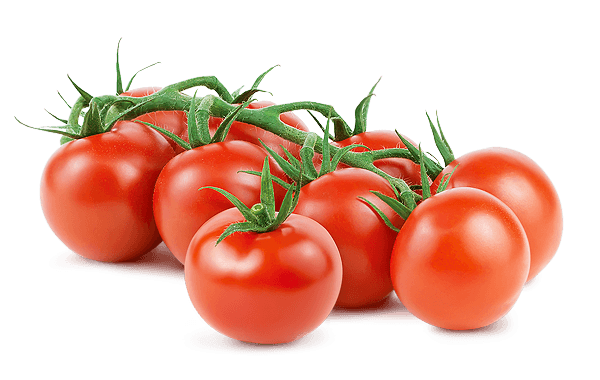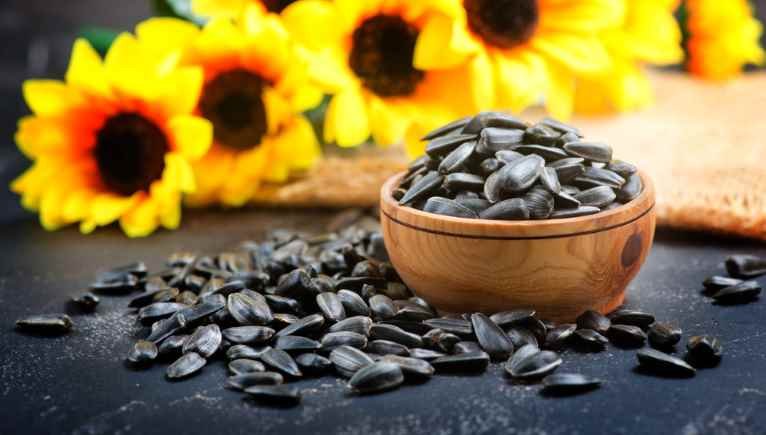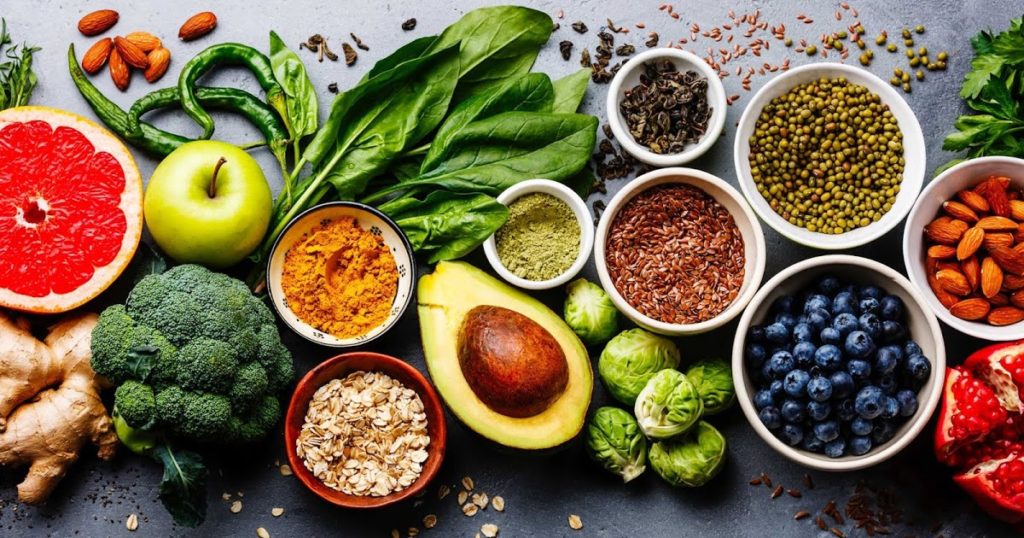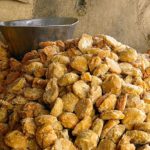Nourishment from the food we eat is not only meant for the health of our internal organs, but also for the body’s largest organ: our skin, the only external organ. Like, everybody part has its defined role to play, the skin has its functions to perform too. Our skin plays a dual role: it is the protective cover for all the organs while being the aesthetic aspect of the human body.
Being an important part of the body, its health is vital and visible to the naked eye. Hence, it becomes even more vital for us to know about the food that affects our skin. Food that helps the skin achieve its maximum shine and glow are the ones that must be included in our everyday diet.
The nutrients needed by the skin are:
- Vitamin C;
- Vitamin B;
- Selenium;
- The Omega 3 fatty acids;
- Beta -Carotene; and
- Zinc.
Organic foods are a storehouse of all these nutrients. We do not really need artificial supplements to make up for these nutrients in our body if we are able to intake the correct food that, contain these good nutrients, in our daily diet. However, the question that arises here is, how do we even become deficient in these vital nutritional needs? The answer might lay in the kind of food we eat or rather the foods that we overlook to include in our regular meals or the way we cook our food. With our fast-paced and busy schedules and the over counter packaged food habits, deficiency in many nutrients is plausible.
Here is the list of the fruits and vegetables, that helps with the health of our skin, when eaten frequently.
1) Broccoli: A super vegetable that helps the skin work against Sun damage due to the presence of Sulforaphane, Broccoli also has many other vitamins and minerals. One of the vital nutrients is Lutein, which helps the skin from becoming dry and wrinkled. Broccoli is rich in Zinc, Vitamin A and B too, which are extremely important for the skin.

2) Tomatoes: The importance of this vegetable can be explained by the fact that a cut raw tomato, rubbed on the naked skin is a proven home remedy for de tanning. A rich source of Vitamin C, tomatoes also contain Beta- Carotene, Lutein and lycopene, which help in maintaining a youthful and supple skin, in addition to protecting it from sun damage. It is usually advised to intake tomatoes with good fat provided by foods like cheese. The fat in cheese helps the body to absorb and retain more of carotene. This, in turn, helps in protecting our skin against the ravages of the Sun.

3) Soya: It is of the best-known sources of protein. Soya is an extremely vital food to be included in the diet of women who are in their menopause. Skin dryness is a major problem with these women. Soya helps in increasing the level of collagen, the primary structural protein for the skin in the body. This aids in preventing the skin from drying up. Isoflavones present in soya also helps in blocking sun damage to the skin, caused by the UV rays.Soybean Oil is a very useful for the skin health which has a nourishing, softening & moisturizing effect on skin. Interestingly, Isoflavones imitate Estrogen, a reproductive hormone, which prevents the collagen levels from dropping in the body. Collagen is a needed protein for our skin.
4) Bell peppers: Peppers contain two of the most vital nutrients needed by the body: Vitamin A and Beta-carotene. Another “manna” for the skin is Vitamin C. Bell peppers are loaded with these nutrients that help the skin to fight the onset of age-related skin symptoms like dryness and wrinkles.
5) Sweet Potatoes: Vitamin A and Beta- Carotene remains two of the most talked about nutrients when it comes to skin health. They are extremely important for the body. Sweet potato is a vegetable rich in Beta- Carotene, which gets converted to Vitamin A in the body. Other than preventing skin damage by Sunlight, high Beta-Carotene in the body, also adds to a warm tinge of orange in our skin.
7) Sunflower seeds: Seeds are always nutritious as they contain the future sapling. Hence Sunflower seeds are not only a rich source of Zinc and but also of vitamin E, copper, vitamin B, selenium, phosphorus, magnesium, vitamin B6, folate and niacin. Vitamin B6 is another major nutrient in these seeds. The high amount of magnesium in the seeds supports skin complexion quality.

8) Walnuts: Nuts and berries are known for their health-enhancing properties. Walnuts are abundant in fatty acids, Omega 3 and 6. The reason we need these fatty acids from an external nutritive source is since our bodies are not cannot produce these on their own. With their anti-inflammatory properties, Walnuts help skin to stay clear of any outbreaks.
Conclusion: Food is the external source of nutrition that we provide our bodies with. One of the golden rules for the overall well being of our body is to flush out the toxins and rid our system of the unwanted wastage. Organic nutritional intake takes care of the whole-body system, including our skin. A healthy skin is characterized by its natural glow, its supple quality and a blemish-free smoothness.


